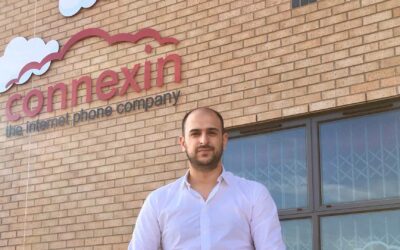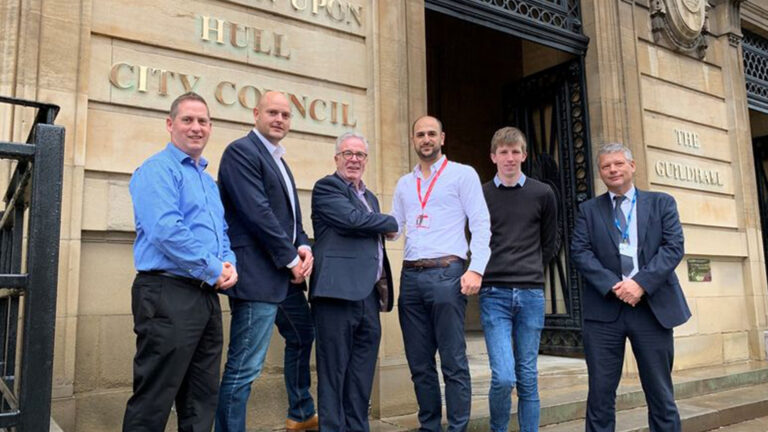Hull is set to become “one of the Smartest cities in the world” with its own, purpose built, operating system.
Developed by Connexin and Cisco, the CityOS platform will connect council services and also centralise information, which can then be analysed and used to promote a “better quality of life for residents.”
“We’re thrilled to be partnering up with our home city and are committed to making Hull a world-leading Smart City to foster economic development and enhance many aspects of liveability, workability and sustainability,” said Furqan Alamgir, Founder and CEO of Connexin.
“Our platform will enable Hull to become a “programmable city” and move from outdated siloed service driven technologies to a central platform to improve service delivery, reduce costs and to make the most of new technologies such as IoT, AI and machine learning algorithms.
“Connexin’s Smart City Operating System is built around the Cisco Kinetic for Cities platform which normalises and aggregates data from a range of IoT sensor types into a certified set of urban service domains such as waste, lighting and parking. Cisco Kinetic has been deployed in projects worldwide and brings over 70 out of the box Cisco certified integrations which Cisco actively maintain and update. The Connexin and Cisco partnership gives Hull the ability to manage sensors from multiple vendors in one place removing the reliance on legacy systems and their associated costs.”
Hull City Council will use the CityOS platform to integrate, view, manage and respond to information from a range of council services, sensors and systems, using a single intelligent dashboard.
This can include information about smart lighting, parking, traffic and waste management.
“Developing Hull as a Smart City will give us the opportunity to work with public and private sector partners to deliver real benefits to communities, businesses and visitors to Hull,” added Councillor Daren Hale, Deputy Leader of Hull City Council.
“The project will involve innovative technological solutions to enhance data-sharing and decision-making, which will help us to deliver more effective services, including everything from traffic management to health and social care.
“The system pulls together information that currently sits within separate council computer systems to enable city wide management of the city’s public assets in real time using state- of-the-art technology.
“Residents will receive better information to make choices about transport, traffic and parking. But this will be just the beginning of what is possible.
“As the project develops, it will create a demand for new digitally skilled workforce in the city, so we will need to invest in skills and training for younger generations so they are prepared for the new types of jobs that will be created in the digital sector.”













